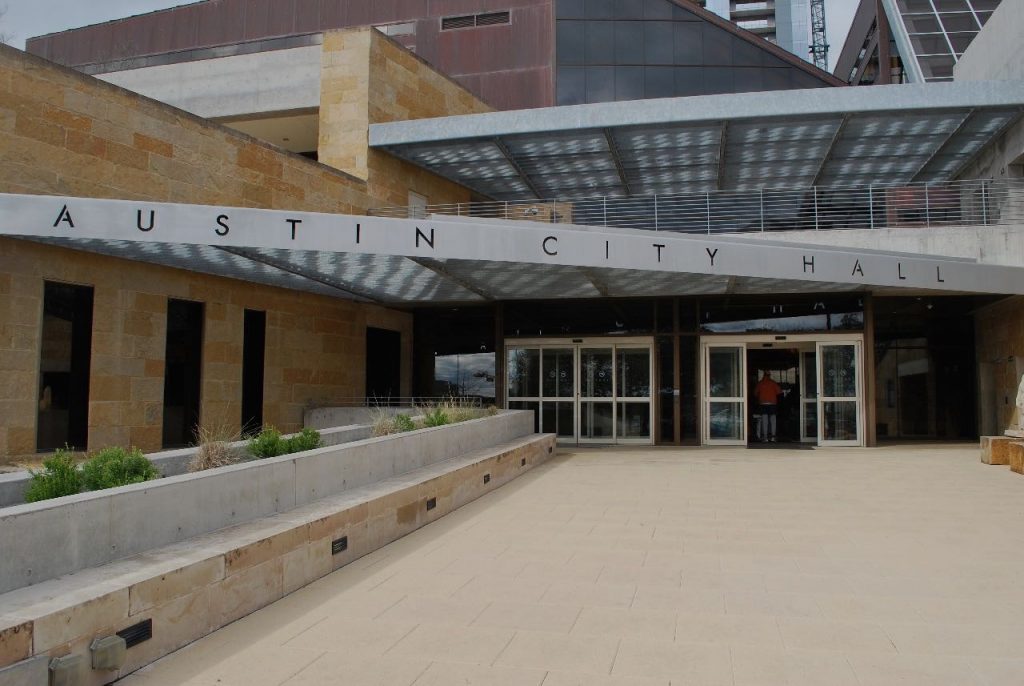Think back to the November election. Voters here in Austin approved $925 million in bonds, including $250 million for affordable housing in the city.
Last week, the four Council members who represent east Austin (Harper-Madison, Garza, Renteria, and Casar) announced a new initiative to try and ensure we get the biggest bang for our buck with those $250 million. Dubbed Affordability Unlocked, the goal of the proposed resolution is to make it easier to build affordable housing in Austin.
“Our city’s potential to build more affordable housing for families is currently locked up by needless restrictions,” said Austin City Council Member Greg Casar in a press release. “…It’s time to change our policies so that every dollar of the successful $250 million affordable housing bond goes to help as many people as possible.”
So what the heck is Affordability Unlocked?
Basically, if this initiative were passed, several of the regulations/restrictions required for either building a new development or redeveloping an old property would be waived if at least 50 percent of the new homes/units are affordable. This includes allowing buildings to be built higher and getting rid of requirements that they come with a certain number of parking spaces.
What does affordable mean? Affordable for who?
The term affordability gets thrown around a lot. In this context, rental developments built under this program must allow 50 percent of its units to be affordable for families making 60 percent of Austin’s median family income (or MFI), including at least 20 percent for families making 50 percent MFI. Austin’s median family income is $86,000 (for a family of four). So 50 percent is $43,000.
What could the impact be?
In an interview with the Austin EcoNetwork, Greg Anderson (from Austin Habitat for Humanity) shared the story of a Habitat for Humanity development near Plaza Saltillo in east Austin, where the parking requirements were waived. If those requirements hadn’t have been waived, Greg explained, the entire project never would have happened because the cost of building each parking space could have been as high as $60,000.
“Do we care about homes for people or cars?,” Greg said. “We have to choose.”
In the resolution to create this new program, several other examples like these are shared. The resolution says that a multifamily property built in Travis Heights received $1.5 million in affordable housing bond subsidies to build 60 units, but could have created 10 more without compatibility standards and 20 more without parking requirements.
“Affordable housing organizations like mine are trying to help even more families afford to live in Austin, but too many times we face barriers to doing so by our current City code,” explained Walter Moreau, executive director of Foundation Communities, in a press release. “This initiative is a strong step forward to addressing that problem. We are hopeful that Council will take action to unlock our city’s potential to serve the most families.”



